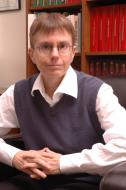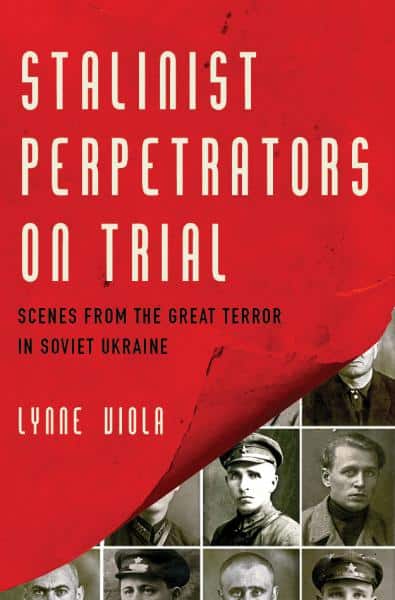
Lynne Viola
University Professor in the Department of History, University of Toronto
When did you first develop an interest in Slavic, East European and Eurasian Studies?
From at least the time I was in high school, I had an unexplainable fascination and a deep (and completely artificial) sense of a connection to Russia. I was influenced neither by politics (both my parents remained mired in World War II memories until they died, hardly registering the Cold War) nor by ethnicity. In high school, under the influence of some very good teachers, I began to listen to Russian opera and to read 19th Century Russian literature. It was probably the latter that led me to become a psychology major in university. That soon changed, however, once I realized that it was not impossible to learn the Russian language. As an undergraduate at Barnard College, I worked on the Russian language while I studied history with Daniel Field, Sheila Fitzpatrick, Richard Taruskin, and Marc Raeff. In graduate school at Princeton, I worked with Cyril Black, Stephen Cohen, and Richard Wortman. Already while in graduate school, I began to feel the Cold War creeping up on me, as the very nasty, often unprofessional, attack on revisionist scholars began.
How have your interests changed since then?
Initially, when I was pursuing doctoral studies, I (like everyone else) was interested in the Soviet working class and the issue of social support for Stalin. I followed a group of workers known as the “25,000ers” into the countryside as they attempted to “plant socialism” in the village. Following this study, I began to wonder why so much of the history of the Soviet Union in its first two decades was focused on this tiny portion of the population labeled the proletariat. The peasantry was far more interesting and important in the scheme of things under Stalin. While researching the 25,000ers, I found out about bab’i bunty and various types of subaltern resistance in the village; these became the subject of Peasant Rebels Under Stalin. I also was intrigued by the fate of the so-called kulaks. I understood there was such a thing as the elimination of the kulak as a class, but what precisely happened to these victimized peasants was not clear beyond the usual Soviet history books’ talk of rehabilitation through labor and war. So I set out to find out and made the fate of the kulaks the subject of The Unknown Gulag.
What is your current research/work project?
I just completed a monograph on NKVD perpetrators in Soviet Ukraine during Stalin’s “Great Terror.” It is entitled, Stalinist Perpetrators on Trial: Scenes from the Great Terror in Soviet Ukraine (New York: Oxford University Press, 2017). This topic was a huge change from my earlier work in many ways. I had been interested in the question of the perpetrator more generally, when serendipity in the archive struck. I had good sources on perpetrators in regard to collectivization, dekulakization, the famine, and the Gulag, but I lacked any sources but intelligentsia memoirs on what happened in the interrogation room and the execution chamber. In Kyiv, I began to work in the former Ukrainian KGB archives where I could have access to the criminal files of NKVD interrogators arrested in the “purge of the purgers” at the end of the terror. These proved to be a game changer, providing a frightening window into the offices, interrogation rooms, cells, and execution chambers of the terror. Along with an international collaborative research team, I am now working on the publication of four volumes of documents coming from this archive, including the trials of perpetrators, the NKVD Communist Party collectives (at various regional levels) meetings in late 1938 and early 1939, and a series of ego documents.
What do you value about your ASEEES membership?
I value the ASEEES for the sense of intellectual community it provides for our field. Its annual meetings are the highlight of my academic year and offer an opportunity to engage with friends and colleagues. The ASEEES conventions are also an excellent venue for my PhD students to present their first work in the field.
